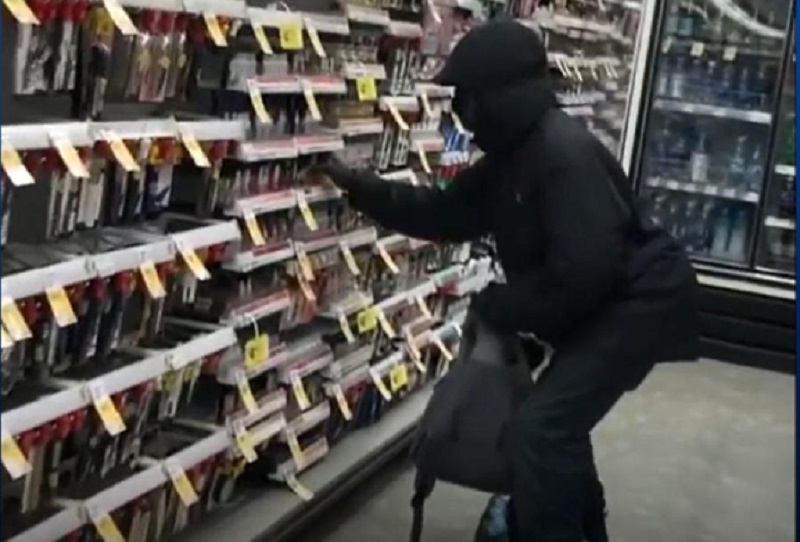Good morning! It’s Monday, June 12. On May 31, the California Senate passed a bill aimed at preventing employees from confronting active shooters or suspected shoplifters. However, the bill has faced significant backlash from retail owners who contend that it could potentially encourage theft. In this column, we will delve into the controversy surrounding the bill and explore the potential implications it may have.

Cortese argues that the proposed law would prevent workplace violence and safeguard employees from being compelled by their employers to intervene in shoplifting or robbery incidents.
However, the bill has drawn criticism from some retail owners who view it as an invitation for thieves to freely engage in theft. Rachel Michelin, president of the California Retailers Association, stated, “This bill goes way too far, and I think it will open the doors even wider for thieves to come in and steal from our stores.”
Shoplifting has become a significant concern for retailers, leading to store closures or downsizing. Major chains like Target reported losses of $500 million due to theft last year alone, and Walmart and Home Depot have faced challenges in dealing with shoplifting and assault incidents.
The issue of shoplifting in San Francisco has worsened since the passage of Proposition 47 by California voters in 2014. This law reduced some non-violent property crimes with a value below $950 to misdemeanors.
Security videos released by TV networks show audacious shoplifters brazenly stealing products from store shelves in broad daylight. These thieves seemingly believe they will face minimal consequences due to Proposition 47.

Even before the enactment of Senate Bill 553, some retail companies have taken preemptive action, as the potential for injuries or fatalities resulting from employee intervention in shoplifting could hold businesses liable.
Two employees at a Georgia store owned by the athletic apparel chain Lululemon were terminated after they attempted to restrain three individuals who entered the stores and swiftly filled bags with merchandise.
Lululemon cited a violation of internal regulations and reviewed cell phone footage of the incident before terminating the employees. Lululemon justified the terminations by emphasizing the concern for employees and the potential for corporate liability in light of the rise in shoplifting crimes.
While the bill’s intention to protect unarmed employees is understandable, concerns arise regarding how business owners will protect their properties from extensive damage caused by large-scale, brazen shoplifting.
Korean-American retailers in Southern California, who have experienced robberies before and during the pandemic, share these concerns. A retailer in Los Angeles’ Koreatown expressed the difficulty of confronting armed criminals but also stressed the need to develop proper response manuals and consider hiring armed guards.
It appears that the U.S. government and law enforcement agencies prioritize not incarcerating thieves and robbers over caring for business operators.
This perspective is exemplified by seven U.S. cities, all led by Democrats (Baltimore, St. Louis, Cleveland, San Diego, Milwaukee, Seattle, and New York City), filing a lawsuit against Korean car manufacturers Kia and Hyundai.
The lawsuit alleges that these carmakers made their vehicles too easy to steal and demands damages for “public nuisances” resulting from auto thefts.
They did not take significant actions to crack down on car thieves and did not even try to discourage car theft challenges.
Notably, no similar actions were taken against platforms like TikTok, which allowed thieves to upload videos providing step-by-step instructions on stealing cars with hashtags like #kiaboyz or #kiachallenge.
These circumstances have led to a belief that theft is not considered a serious crime, and victims of theft are expected to bear the consequences in the United States.
By Mooyoung Lee lee.mooyoung@koreadaily.com





